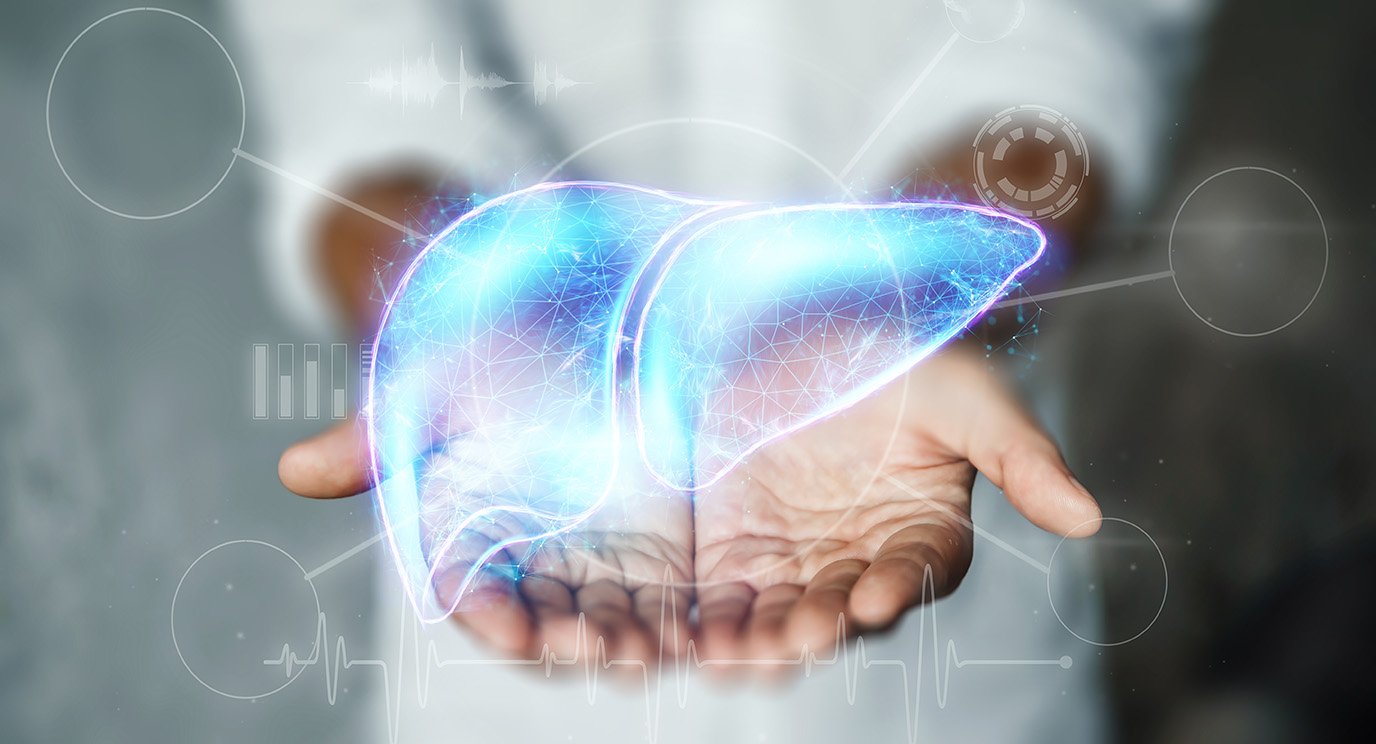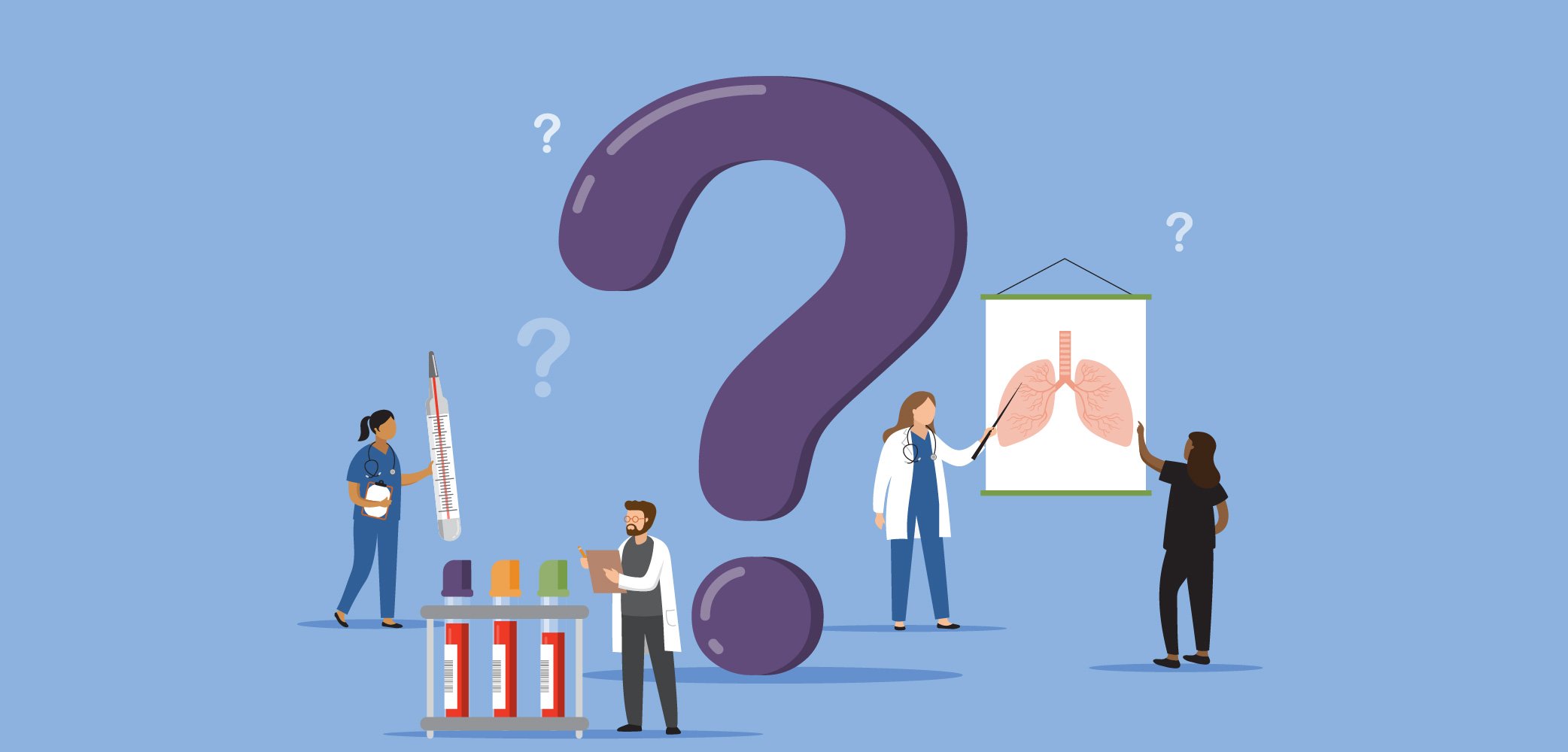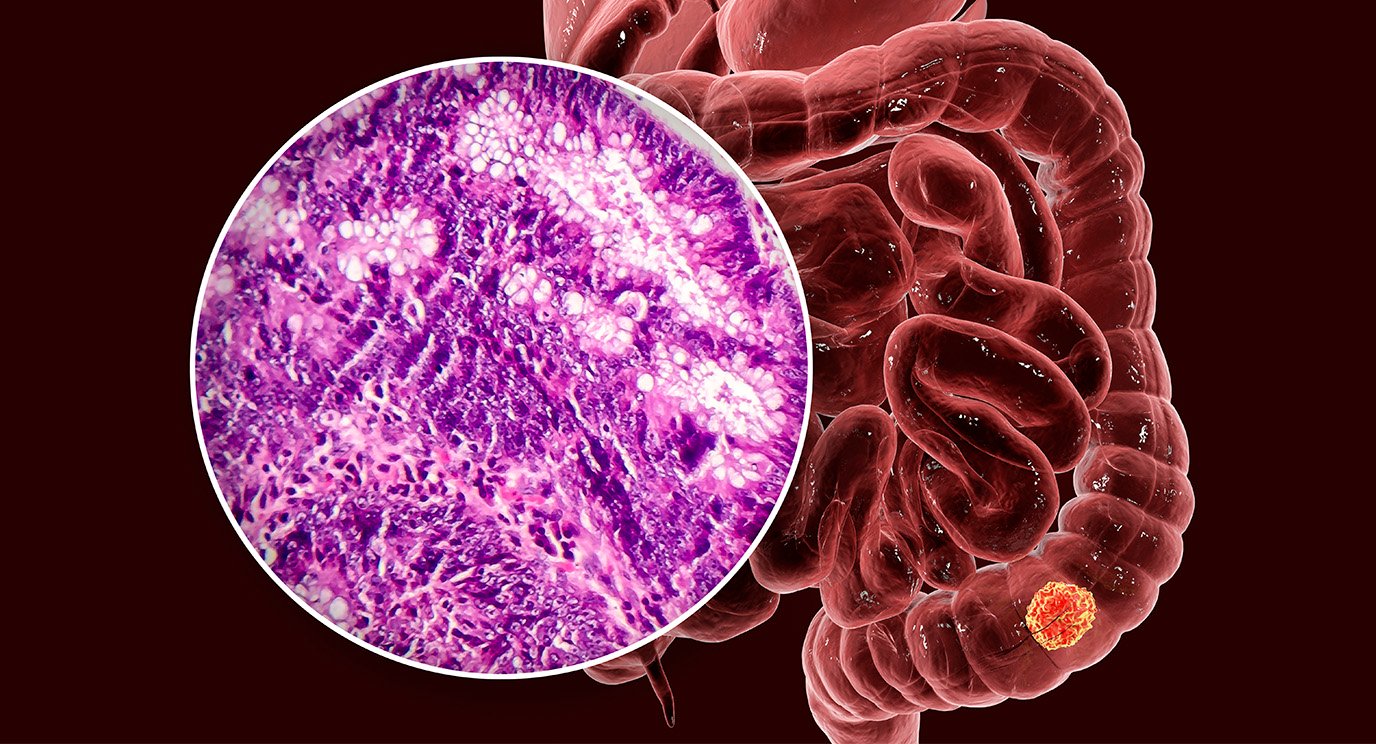- Diseases
- Acoustic Neuroma (14)
- Adrenal Gland Tumor (24)
- Anal Cancer (66)
- Anemia (2)
- Appendix Cancer (16)
- Bile Duct Cancer (28)
- Bladder Cancer (68)
- Brain Metastases (28)
- Brain Tumor (230)
- Breast Cancer (718)
- Breast Implant-Associated Anaplastic Large Cell Lymphoma (2)
- Cancer of Unknown Primary (4)
- Carcinoid Tumor (8)
- Cervical Cancer (154)
- Colon Cancer (164)
- Colorectal Cancer (110)
- Endocrine Tumor (4)
- Esophageal Cancer (42)
- Eye Cancer (36)
- Fallopian Tube Cancer (6)
- Germ Cell Tumor (4)
- Gestational Trophoblastic Disease (2)
- Head and Neck Cancer (6)
- Kidney Cancer (124)
- Leukemia (344)
- Liver Cancer (50)
- Lung Cancer (288)
- Lymphoma (284)
- Mesothelioma (14)
- Metastasis (30)
- Multiple Myeloma (98)
- Myelodysplastic Syndrome (60)
- Myeloproliferative Neoplasm (4)
- Neuroendocrine Tumors (16)
- Oral Cancer (100)
- Ovarian Cancer (170)
- Pancreatic Cancer (166)
- Parathyroid Disease (2)
- Penile Cancer (14)
- Pituitary Tumor (6)
- Prostate Cancer (144)
- Rectal Cancer (58)
- Renal Medullary Carcinoma (6)
- Salivary Gland Cancer (14)
- Sarcoma (236)
- Skin Cancer (296)
- Skull Base Tumors (56)
- Spinal Tumor (12)
- Stomach Cancer (60)
- Testicular Cancer (28)
- Throat Cancer (90)
- Thymoma (6)
- Thyroid Cancer (98)
- Tonsil Cancer (30)
- Uterine Cancer (78)
- Vaginal Cancer (14)
- Vulvar Cancer (18)
- Cancer Topic
- Adolescent and Young Adult Cancer Issues (20)
- Advance Care Planning (10)
- Biostatistics (2)
- Blood Donation (18)
- Bone Health (8)
- COVID-19 (362)
- Cancer Recurrence (120)
- Childhood Cancer Issues (120)
- Clinical Trials (626)
- Complementary Integrative Medicine (24)
- Cytogenetics (2)
- DNA Methylation (4)
- Diagnosis (230)
- Epigenetics (6)
- Fertility (64)
- Follow-up Guidelines (2)
- Health Disparities (14)
- Hereditary Cancer Syndromes (124)
- Immunology (18)
- Li-Fraumeni Syndrome (8)
- Mental Health (118)
- Molecular Diagnostics (8)
- Pain Management (62)
- Palliative Care (8)
- Pathology (10)
- Physical Therapy (18)
- Pregnancy (18)
- Prevention (896)
- Research (390)
- Second Opinion (74)
- Sexuality (16)
- Side Effects (604)
- Sleep Disorders (10)
- Stem Cell Transplantation Cellular Therapy (216)
- Support (404)
- Survivorship (322)
- Symptoms (184)
- Treatment (1776)
If my brain tumor comes back, I'll beat it again
4 minute read | Published August 30, 2012
Medically Reviewed | Last reviewed by an MD Anderson Cancer Center medical professional on August 30, 2012
In February 2007, I began having headaches. My youngest daughter was about six weeks old and did not have a sleeping routine, so I blamed my headaches on lack of sleep.
In April, I went to see a family physician for a neurological exam; everything was normal. I felt relieved.
However, my headaches got worse. I blamed it on stress and anxiety. In September, I went to a neurologist and, again, everything came back normal.
On Nov. 15, I decided to have a CT scan of my brain.
My scary diagnosis and surgery
My cell phone rang and it was the neurologist. There was something very large in my brain and I needed an MRI.
The MRI confirmed there was a tumor located close to where my headaches had been. Looking at the images of my brain, I thought my life as I knew it was over.
Within three weeks, I had surgery and a diagnosis -- grade 3 anaplastic ependymoma. The first two days after surgery were pretty rough. I was scared out of my mind.
My first night in the ICU, I had a nervous breakdown. My ICU nurse sat with me, held my hand and said he would pray for me. I still pray for him every day.
Good news
The good news was that my neurosurgeon removed the entire tumor and the cancer had not spread to my spine, but I would need further treatment.
In January 2008, six weeks after surgery, I started radiation. My hair fell out, but I had a hat from my honeymoon that I thought brought me good luck.
In April, I went to MD Anderson. My neuro-oncologist, Mark Gilbert, M.D., said that my MRI looked good. There were post-radiation scars, but no cancer.
I had a wonderful summer.
Return of the tumor
In September, I had a standard follow-up MRI, which showed the tumor had returned. I started chemotherapy -- a combination of Lapatinib and Temodar. It made me very sick at first and then really tired.
In December, I had another MRI, which showed that the tumor in my brain had grown. Doctors stopped the "cocktail" that I was on and started me on a different chemotherapy drug called Cisplastin. I also took a medication that blocks the growth of blood cells called Avastin.
After six months of treatment I returned to Dr. Gilbert, who said, "The tumor is gone. Now we watch." For more than three years now my MRIs have all been good.
Cancer is life-changing
From the time of diagnosis through treatment I was really depressed. Although my depression lifted after my tumor was gone, moving forward after treatment was really hard for me.
Cancer caused me to lose a significant part of my vision -- I am half-blind in both eyes. I can't drive, I need large print books and my daughters like getting away with things that I can't see them doing.
I also had to stop working as a lawyer. I could not keep up with the amount of small-print reading that my job required. I still miss my job and the people I worked with, but I stay in touch; social interaction is very good for me.
The upside is that I spend a lot more time with my family, especially my daughters. After my diagnosis, the thing I feared the most was that I would not be here with my girls as they grew up. Now, I walk them to school every day and volunteer at their school.
I've also tried to do things that I did not have time to do before. I learned to cook, got back into yoga, started running and took a French class.
My cancer experience has made me a better person. I'm more confident. I trust myself and know that if something goes wrong, I can fix it.
My two cents
"Never, never, never give up." -- Sir Winston Churchill.
When I am waiting for my imaging test results -- I have MRIs every six months -- I always tell myself, "If it comes back, then I will beat it again."
I'm a survivor. There are other survivors and you can survive, too.
Give yourself time to freak out, cry, believe that all is lost, but then start acting. Talk to your doctor, get a second opinion and make an informed decision about your treatment.
Resources
After my first visit to MD Anderson, I learned about the CERN (Collaborative Ependymoma Research Network) Foundation. I get on the website regularly to learn about new clinical trials, events like the butterfly release and read about other people who've been affected by ependymoma.
The foundation gives me hope.
Related Cancerwise Stories
I'm a survivor. There are other survivors and you can survive, too.
Jennifer Manion
Survivor





